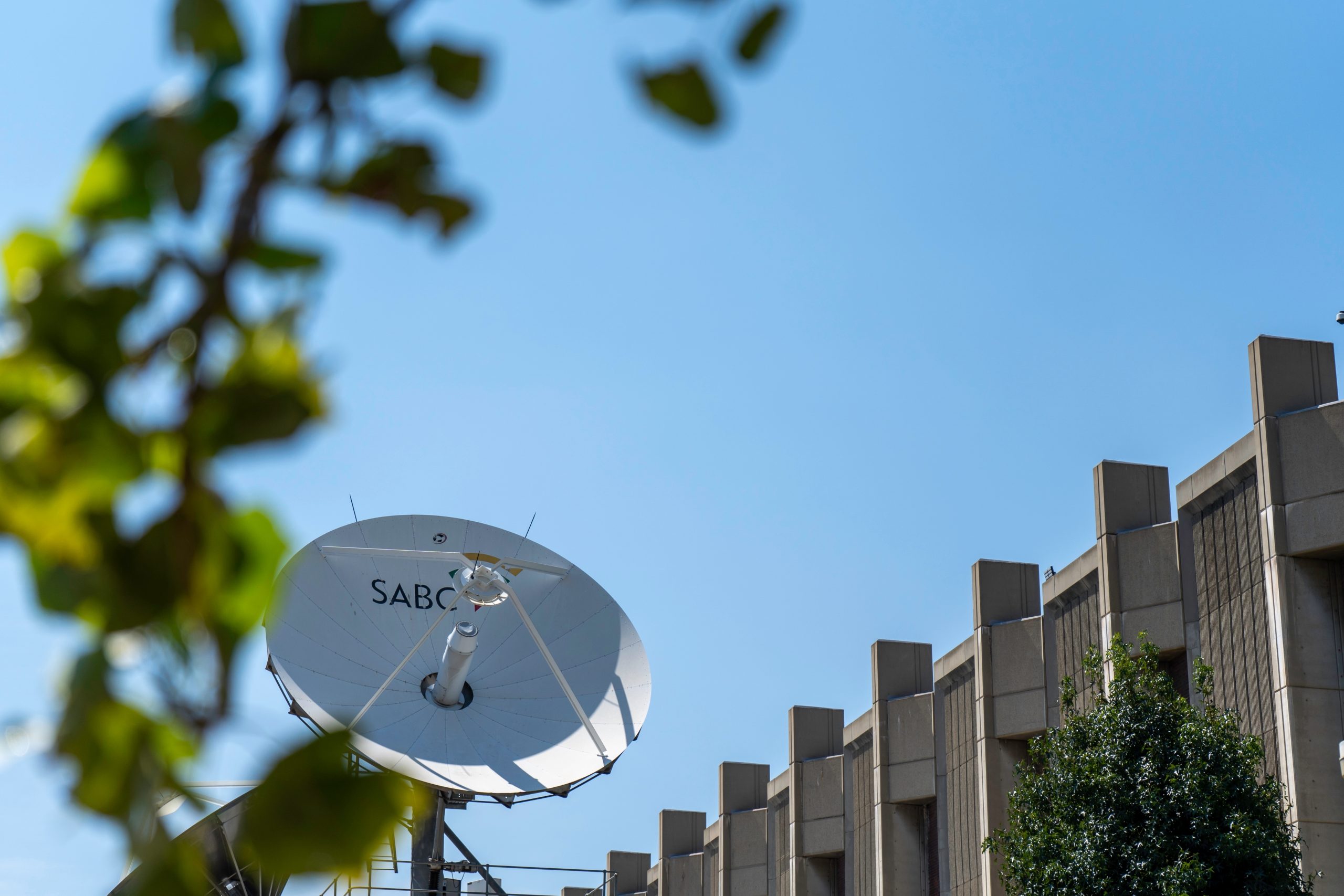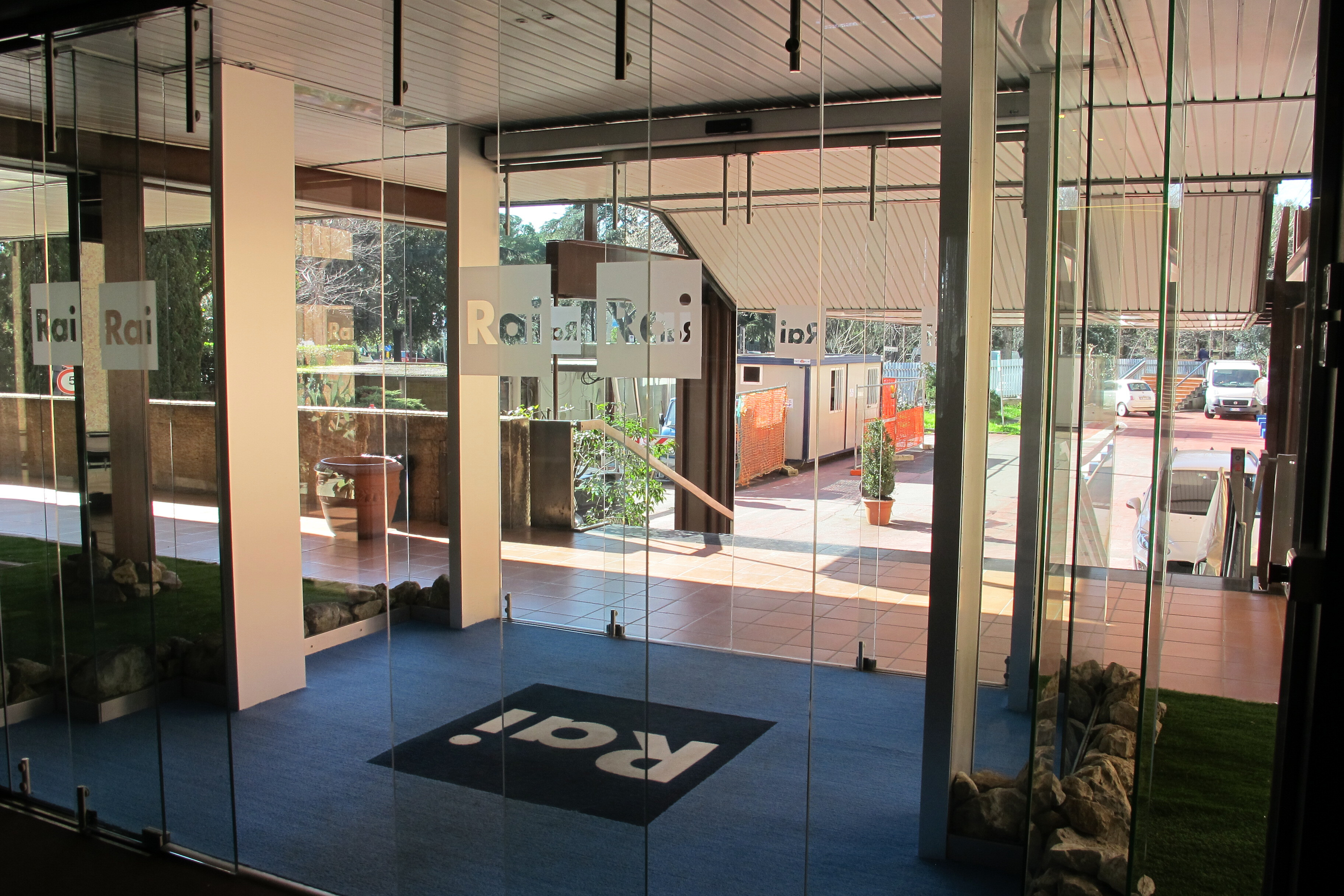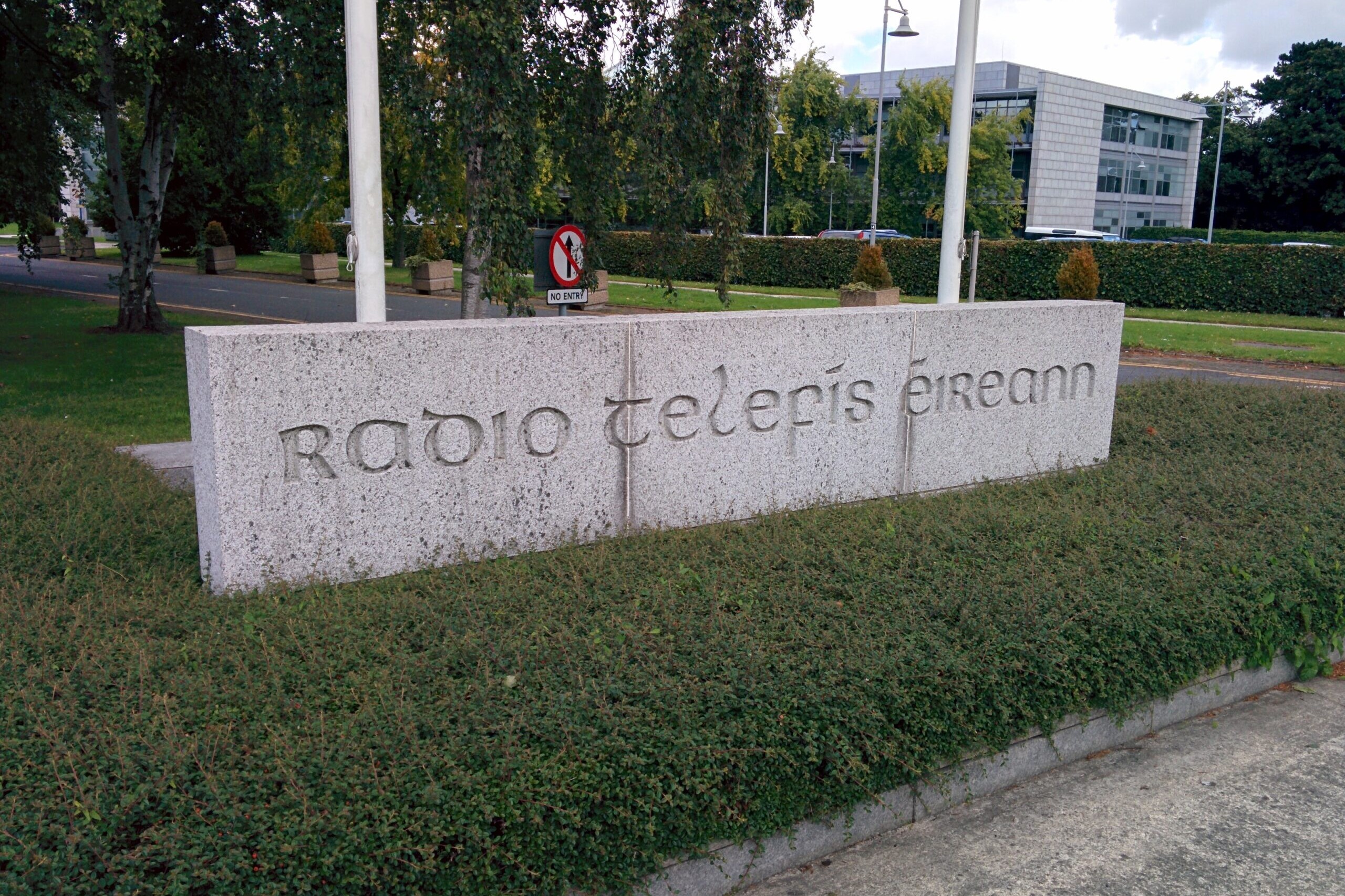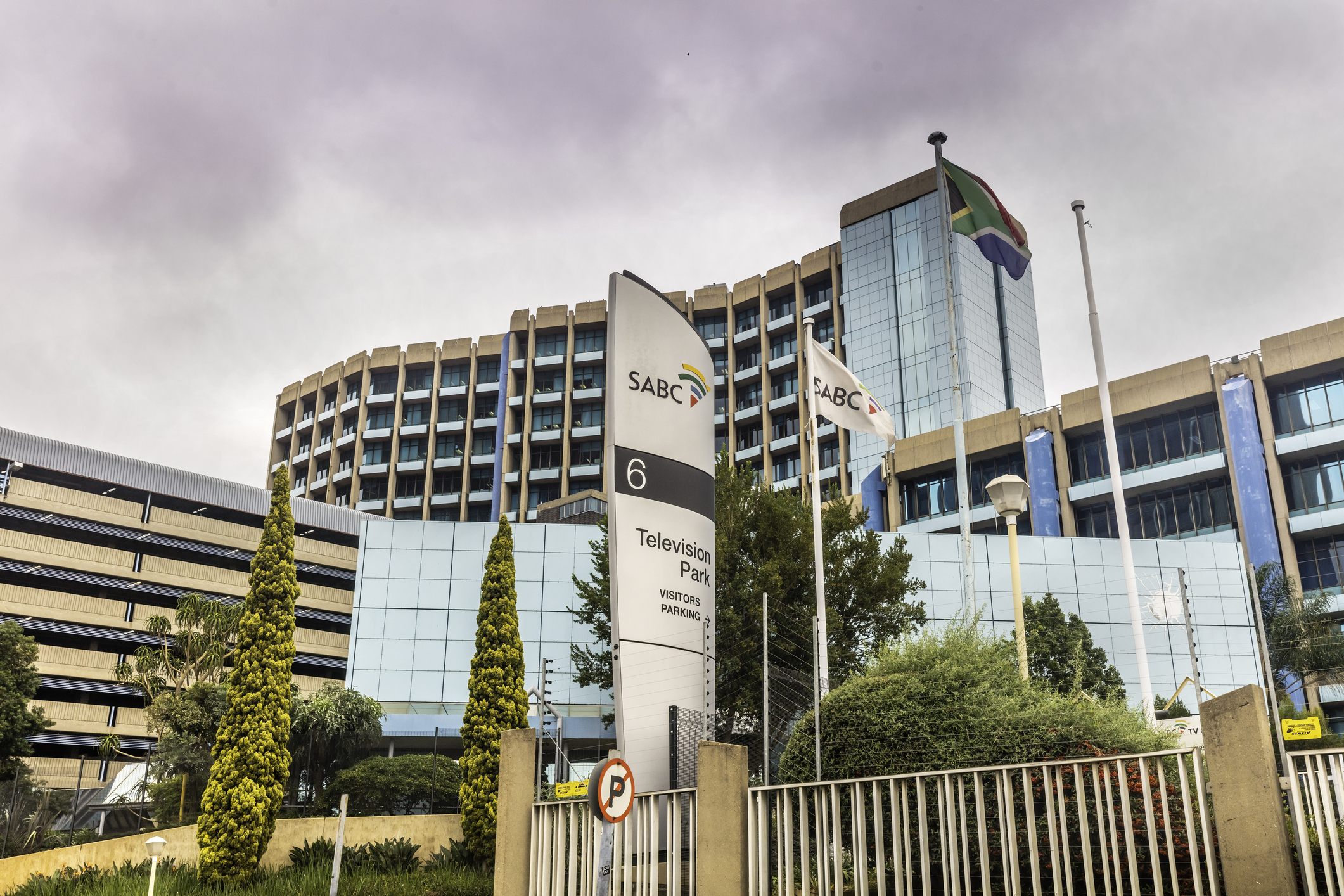SABC Bill progresses, but critics still see threats
3rd November 2023
A new bill for South Africa’s struggling public broadcaster is a step closer to law, but media freedom advocates want it scrapped entirely.

– By Jamie Tahana
IN BRIEF:
- South Africa’s cabinet has approved a bill to modernise the ailing SABC.
- It replaces the licence fee with a household levy, as well as a range of other measures.
- However, media freedom advocates are worried it could erode editorial independence and have called for the Bill to be scrapped.
IN FULL:
A proposed overhaul of the laws which govern South Africa’s public broadcaster, the SABC, has been criticised as a “missed opportunity” to modernise the troubled broadcaster, with others warning that the Bill as it is currently written could undermine its independence.
The Bill, which was approved by Cabinet in October, was designed to replace the current legislation, passed in 1999. It proposes a new funding model for the public broadcaster, which has been plagued by years of financial difficulties.
Read more: SABC facing a financial crisis
The South African parliament’s communications and digital technologies committee last week adopted its report supporting the bill, the latest step in its progress towards becoming law.
As part of the hearing, the committee received a briefing from the office of the chief state law advisor. A representative from the office, Theo Hercules, told the committee that the bill as it’s written was “constitutionally sound.”
Deputy Minister Philly Mapulane said the bill will provide the SABC with an updated mandate and modernise its governance for the digital era.
Eyewitness News reported that the bill will now go for another round of public comment, as the government races to pass it into law.
A troubled broadcaster
The SABC has been plagued for years by financial difficulties and management issues that media freedom advocates said has eroded trust and confidence in the public broadcaster.
From late 2022 to early 2023, the broadcaster went more than six months without a board. The government was criticised for the delay and the impact it had on the sustainability and viability of the organisation.
Meanwhile, financially, the broadcaster reported earlier this year that it was on the verge of liquidation, facing a deficit of close to R1 billion. Nor is such a situation unprecedented. In 2019, the government had to step in with a bailout.
The SABC is funded primarily through advertising, commercial revenue, and a licence fee. But the annual fee is particularly troubling, with 9.2 million account holders having outstanding balances. This equates to only 18 percent of licence holders actually paying their fee.
“[Streaming platforms] do not have any public or commercial mandate to fulfil but they are taking so much of the needed revenue from SA broadcasters. So these OTT platforms are basically eating the lunch of South African broadcasters.” – Deputy Minister, Philly Mapulane
The SABC has also seen dramatic slides in the ratings for its three terrestrial channels as analogue transmission is switched off across the country. A report by Variety last October also found producers who have not been paid on time were taking projects to private channels, while international companies like Netflix were upping their African content to compete directly with the SABC.
To address the SABC’s troubles, the government has proposed a Bill that it says will prepare the public broadcaster for the digital age and make it able to live up to its public service obligations.
Listen toour podcast
Uncovering and exploring the biggest
issues facing public media
Mr. Mapulane told the select committee: “They do not have any public or commercial mandate to fulfil but they are taking so much of the needed revenue from SA broadcasters. So these OTT platforms are basically eating the lunch of South African broadcasters.”
The Bill proposes to scrap the ineffectual licence fee, instead replacing it with a household levy, though it gives no detail of how this model would operate. Instead, the government said a model would be developed within three years of the law passing. A household levy is the system current used in Austria and Germany, and is reportedly also being considered as an alternative to the licence fee in the UK.
“Utilising TV licence fees as a mechanism to fund SABC is not viable given high evasion rates and the move to OTT platforms,” Mapulane said.
“It takes the SABC backwards, not forwards. It’s only going to make the systemic problems faced by the SABC worse.” – Justine Limpitlas, an electronic communications consultant.
But some MPs were reluctant to endorse a levy to fund the SABC, arguing many South Africans were already grappling with the increased cost of living.
One MP, Zandile Majozi, said South Africans weren’t paying their TV licences because the SABC wasn’t appealing to them. “The SABC needs to pull up their socks,” she told the committee. “It is not that people cannot pay their TV licences; the mentality is, why should I pay when I get programmes that are not what I want?”
The government has also proposed creating a commercial arm and a public service arm. The commercial subsidiary would not be bound by public finance laws, freeing it from transaction and reporting requirements so it can compete in the digital market. Mapulane said this will create a level playing field with digital advertising, which is unregulated.
“Threat to Democracy’
Many media experts have condemned the Bill, calling it a threat to democracy and a rehash of the current legislation that dates back to 1999.
In a joint statement last month, two media watchdogs, Media Monitoring Africa and SOS Support Public Broadcasting, called for the bill to be scrapped entirely.
They said little account had been taken of the public consultation from two years ago, and the Bill threatened the SABC’s editorial and institutional independence.
“The SABC Bill poses a threat to the SABC’s existence and to our democracy. Instead of cultivating the public broadcaster to ensure it is more sustainable and effective in achieving its objectives, if the Bill is passed in its current state it will jeopardise the SABC’s independence and prevent citizens from getting the impartial, credible, and quality news and information,” it said.
One particular section, which would give the communications minister more power to veto board decisions, alarmed many media freedom advocates.
“The bill makes provision for a CEO who is editor-in-chief, and a board, but then gives the minister huge powers of veto as well as the right to launch investigations if there is ‘mismanagement’. So there is scope there for plenty of interference in the SABC in terms of these conditions,” said William Bird, the director of Media Monitoring Africa.
“It takes the SABC backwards, not forwards. It’s only going to make the systemic problems faced by the SABC worse,” Justine Limpitlas, an electronic communications consultant, told the SABC last month.
“What is really problematic about this Bill is that it seeks to undo the great work that is being done to lay a very strong foundation for the independence of the SABC, the functioning of the board and the transformation that the SABC seeks in order to move forward and play its constitutional role,” Uyanda Sinotula, the national coordinator of SOS, told the same programme.
She said the Bill goes against past court judgements against political interference at the SABC. She added that the proposed structure is confusing and does little to address the fundamental problems facing the SABC.
ANALYSIS:
The past year has been a tumultuous period for the SABC – beginning 2023 without a new board, while it faced existential challenges to its very existence.
A long-term solution to its funding model appears highest on the agenda, and while it is pleasing to see the Government consider an alternative funding model in this legislation, there are some concerns over how long it will take to identify and implement such an alternative. While snap changes to funding should be avoided – as was the case in South Korea – the SABC needs financial certainty for the interim period between the two funding models, a certainty which the current setup does not provide.
The SABC also faces the challenges being felt by public media worldwide – competing and maintaining relevance in a media market which is increasingly globalised and dominated by multinational streaming platforms. Ultimately, this too is a funding issue, ensuring the SABC is well enough resourced to make the changes to become an agile and digital public media.
However, it is concerning to see the funding changes included within legislation which other media experts and analysts have decried for weakening the independence of the SABC. Ultimately, this legislation can only work if it ensures the SABC is independent and protected from government interference. Only if this is achieved, will audiences trust and value such an important institution as the SABC.
Related Posts
13th October 2023
RTÉ facing insolvency, Director General warns
Ireland’s Media Minister has promised…



